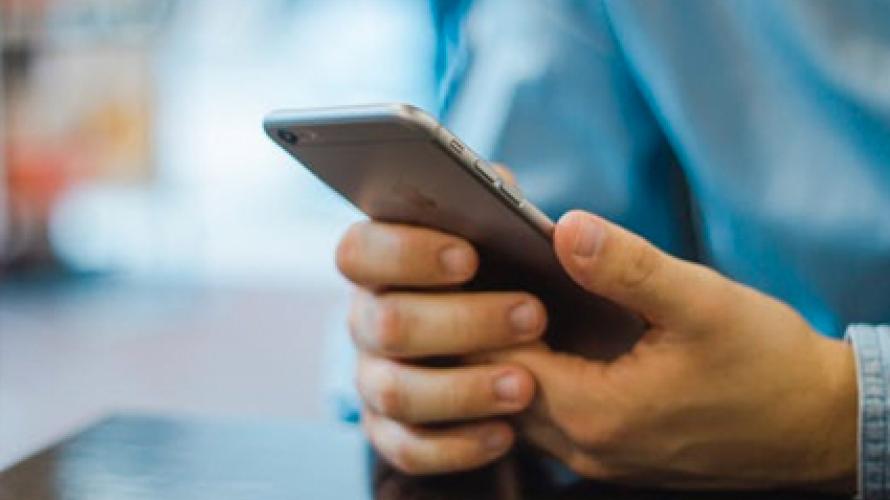
What is the study about?
This study investigated the effectiveness of CareCall, an interactive, low-cost phone system developed for adults with spinal cord injury (SCI) and multiple sclerosis (MS). Callers to CareCall receive automated medical support and information. Researchers looked at how CareCall is used by and benefits people with SCI and MS, and whether there are any differences between the two groups. The study assessed whether participants’ use of CareCall is related to depression levels, pressure ulcers, accessing services, and community involvement.
What did the study find?
After six months of using CareCall, MS and SCI patients who initially experienced moderately severe depression reported lower levels of depression. Patients with MS increased their physical independence and placed twice as many calls to CareCall than those with SCI. There were no significant findings regarding the relationship between CareCall utilization and skin health. Furthermore, those with SCI as compared with patients with MS missed more calls and required more clinical support.
Who participated in the study?
Study participants were 142 adults from the greater Boston metro area. They were recruited through the New England Regional Spinal Cord Injury Center SCI Model System and through networks of community disability organizations. 36 participants had multiple sclerosis while 106 had SCI. All of the participants were wheelchair users, and were cognitively able to use CareCall.
How was the study conducted?
Participants were randomly divided into two groups. One group received automated calls each week for 3 months, and then every other week for three months. The calls included a sequence of modules that contained educational information, and peer and expert perspectives related to physical and mental health. The second group did not receive automated calls, but could call at any time once per week. Callers in either group could choose the information they wanted to receive from several options, or request a call back from a clinical team. Researchers also gathered information about participants’ depression severity, pressure sores, health care service usage, social participation, and experience with the CareCall system.
Reference
Mercier, H. W., Ni, P., Houlihan, B. V., & Jette, A. M. (2015). Differential Impact and Use of a Telehealth Intervention by Persons with MS or SCI. American Journal of Physical Medicine & Rehabilitation / Association of Academic Physiatrists, 94(11), 987–999.
*The contents of this quick review have been reviewed by the corresponding author of the original study.